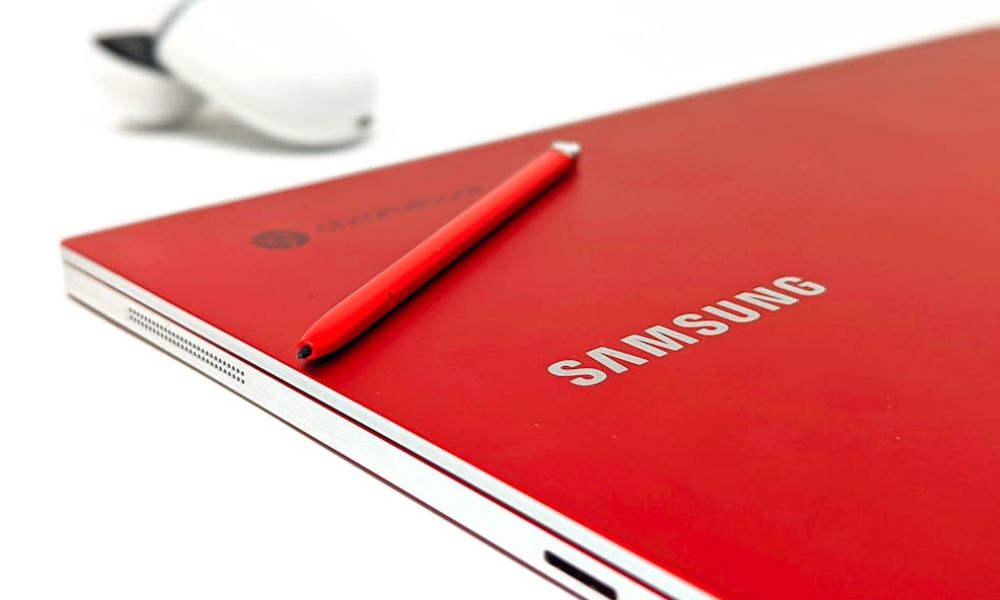A company’s success doesn’t often trickle down to its employees all too evenly, but Samsung’s stock incentive may be a turning point in that trend. The organization is set to implement a Performance Stock Units (PSU) program for employees, which will provide them with higher compensation depending on the company’s stock performance and their rank at the organization. Samsung’s shares for employees will take the form of a bonus system separate from the existing performance-based pay they receive.
With bonuses tied to stock gains, employees are often more motivated to push for the company’s success, considering it means personal success as well. This strategy also encourages retention, with employees more motivated to stay on at their jobs and aid its growth along. The terms of Samsung’s performance-linked stock shares for its employees can feel a little confusing for those unfamiliar with such dealings, which also means that such rewards are best offered with some educational training on how the system functions.

Samsung’s new stock incentive program offers employees a chance to participate in the company’s success when performance goals are met. (Image: Pexels)
Understanding Samsung’s Stock Incentive for Employees: Is This the Future of Employee Benefits?
Under the new performance-based stock program at Samsung, employees will be granted payouts depending on the performance of the organization over three years, between October 2025 and October 2028. Employees will be allocated between 200 to 300 shares, depending on their career levels or ranks within the organization, and will be finally calculated based on the performance of the business.
The shares will be annually rewarded over the next three years and tied to the company’s performance. After that, employees will be free to keep or sell their shares. Additionally, Samsung’s system of determining bonuses through its “excess profit incentive” model will also allow employees to choose to receive part of the payout in stocks.
Some Employees Aren’t Fully Sold on the Idea of Bonuses Tied to Stock Growth
The catch with Samsung’s performance-linked stock is that the company’s stock prices have already peaked recently, and it will have to showcase significant growth for the system to be beneficial. If the rise is below 20% compared to the currently established base, then employees receive no shares. With a 40-60% increase, employees could receive the full amount assigned to them. An 80-100% growth in stock price brings the multiplier up to 1.7 times the shares, and a 100% increase will mean double the shares for employees.
On paper, this could be a huge win for employees if the company flourishes in the coming years, but the strict conditions under which they receive the benefit leave much to be desired. According to news portal Chosun, the Samsung Group non-enterprise union criticized the system, explaining, “With the stock already near its peak, there is no guarantee the price will rise over 20% in the next three years.”
Samsung’s stock incentive is a great reward for loyal employees who should soon benefit more from the growth of the organization; however, there have been some who criticized the terms of the program as being “too stringent.”
Will the Samsung Stock Incentive Kickstart a New Trend In Employee Benefits?
Samsung’s performance-linked stocks aren’t the first attempt at distributing company success with employees through shares, but it could still be the start of a trend. As the job market grows more competitive and businesses are competing on a more fast-paced level than ever before, innovative benefits like this one can not only help attract talent but also spur greater engagement and ownership among workers.
The successful implementation of Samsung’s stock incentive may take three years to show results, however, the company will likely see the effects of such a change among employees far sooner. Perfect policies are hard to come by, and some negative feedback is always expected, but for the most part, the system appears to be a considerate one.
What do you think about Samsung’s performance-based stock incentive? Share your thoughts with us. Subscribe to The HR Digest for more insights on workplace trends, layoffs, and what to expect with the advent of AI.





